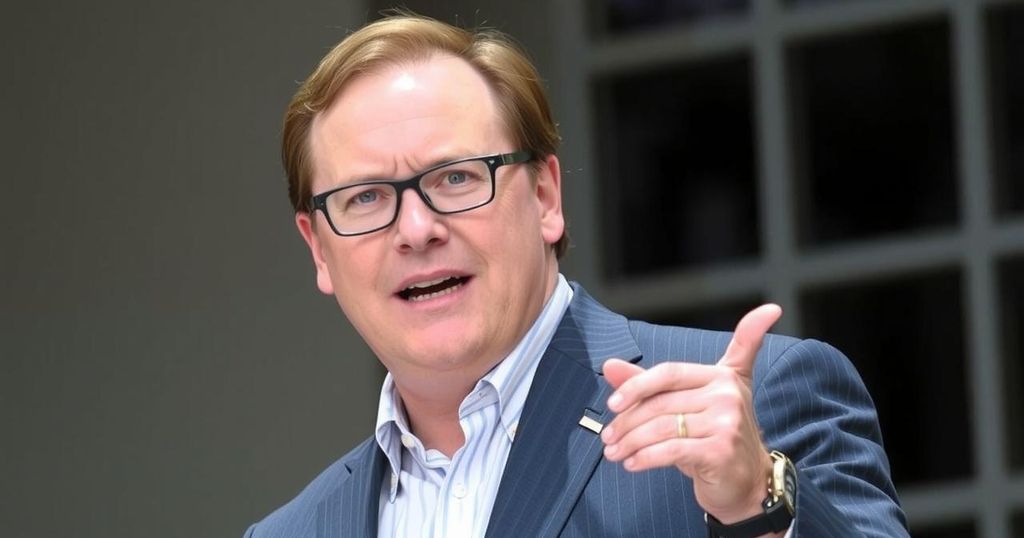Chancellor Scholz Loses Confidence Vote, Paving Way for Early Elections

Chancellor Olaf Scholz lost a confidence vote in the Bundestag, leading to anticipated early elections in February. This situation signals political instability within his government and raises questions about the future political landscape in Germany.
On Monday, German Chancellor Olaf Scholz suffered a significant political setback as he lost a confidence vote in the Bundestag, the German federal parliament. This unexpected outcome has set in motion the potential for an early general election, which is anticipated to take place in February. Scholz’s administration will now navigate a period of uncertainty as the political landscape shifts and preparations for the election begin. The implications of this vote could have lasting effects on the German political scene and the future of the Scholz government.
The confidence vote faced by Chancellor Schulz marks a pivotal moment in German politics, reflecting growing challenges within his coalition government. Scholz has been in office since late 2021, and his administration has been grappling with various domestic and international issues, including economic pressures and ongoing tensions stemming from the Russia-Ukraine conflict. The confidence vote serves not only as a gauge of his government’s stability but also as a potential precursor to shifts in the political power dynamics in Germany, particularly as public opinion fluctuates amidst these challenges.
In summary, Chancellor Olaf Scholz’s loss of the confidence vote could precipitate significant changes in German governance with an early election looming on the horizon. As the nation prepares for this electoral shift, the outcome may influence both domestic policies and Germany’s role on the global stage. Observers will be closely monitoring developments in the coming weeks, as the political ramifications begin to unfold.
Original Source: www.newsweek.com








